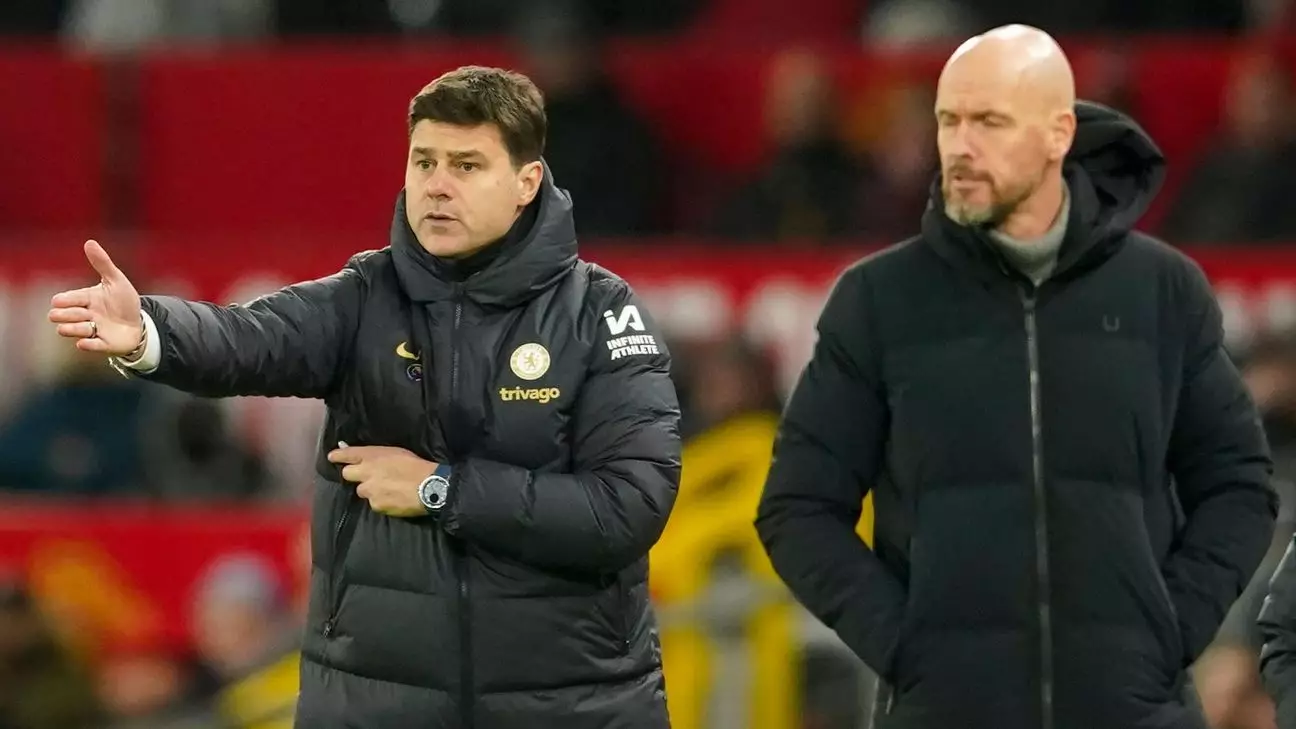In the realm of football managerial recruitment, a recent whirlwind of activity has seen some of the biggest clubs in the sport scrambling to find new head coaches. The likes of Bayern Munich, Barcelona, Liverpool, Juventus, and Chelsea have all found themselves in the midst of this high-stakes race for new leadership. Even Manchester United, fresh off an FA Cup victory, may soon join this elite group in the search for a manager.
The managerial merry-go-round has been particularly intense in Europe, with clubs such as Liverpool and Bayern Munich going through multiple rounds of interviews and negotiations to secure their desired candidates. The departure of established figures like Jürgen Klopp and Carlo Ancelotti has ushered in a new era of uncertainty and flux in the footballing world.
One of the key factors contributing to the complexity of the modern managerial market is the growing influence of sporting directors within football clubs. In the past, the relationship between the chairman and the manager used to be paramount. However, this dynamic has shifted dramatically, with sporting directors now playing a crucial role in shaping the direction of a club’s footballing operations.
According to Steven Houston, head of strategic and sporting operations advisory at the Sportsology Group, football clubs are transitioning from generalist-led structures to ones that emphasize specialist expertise. Sporting directors, technical directors, analytics directors, and other key roles now form part of a club’s brains trust, working in tandem to drive the team forward.
The evolution of club structures has created a scenario where identifying the right head coach is no longer just about tactical acumen and on-field success. Coaches must now be capable of navigating a complex web of responsibilities, including player development, communication, and delivering results. This has led to a more thorough and meticulous approach to managerial recruitment, with clubs setting specific criteria that coaches must meet to align with the overarching vision set by ownership and the sporting director.
Another trend shaping the managerial market is the emphasis on recent success as a key criterion for hiring coaches. Clubs are increasingly looking for managers who have achieved tangible results in the recent past, rather than relying on past glories or reputation alone. The likes of Erik ten Hag, Arne Slot, Thiago Motta, and Kieran McKenna have all seen their stock rise due to recent triumphs with their respective clubs.
Success in the previous season or campaign carries significant weight in the eyes of club decision-makers, indicating a coach’s ability to adapt to changing circumstances and deliver on their promises. Coaches with a track record of success in the immediate term are more likely to be considered for high-profile roles, as they demonstrate the ability to work within a structured environment led by a sporting director or director of football.
In today’s fast-paced and competitive football landscape, clubs are under pressure to make informed and strategic decisions when it comes to managerial appointments. The days of hastily hiring a big-name manager based on reputation alone are long gone, replaced by a more deliberate and nuanced approach to finding the right fit for the club’s long-term vision.
The challenges in the modern football managerial market stem from a combination of factors, including the rise of sporting directors, the quest for recent success, and the need for coaches to align with a club’s overarching strategy. As clubs navigate this complex landscape, they must be prepared to adapt to changing trends and embrace a more holistic approach to recruitment to secure the best possible candidates for their managerial roles.
